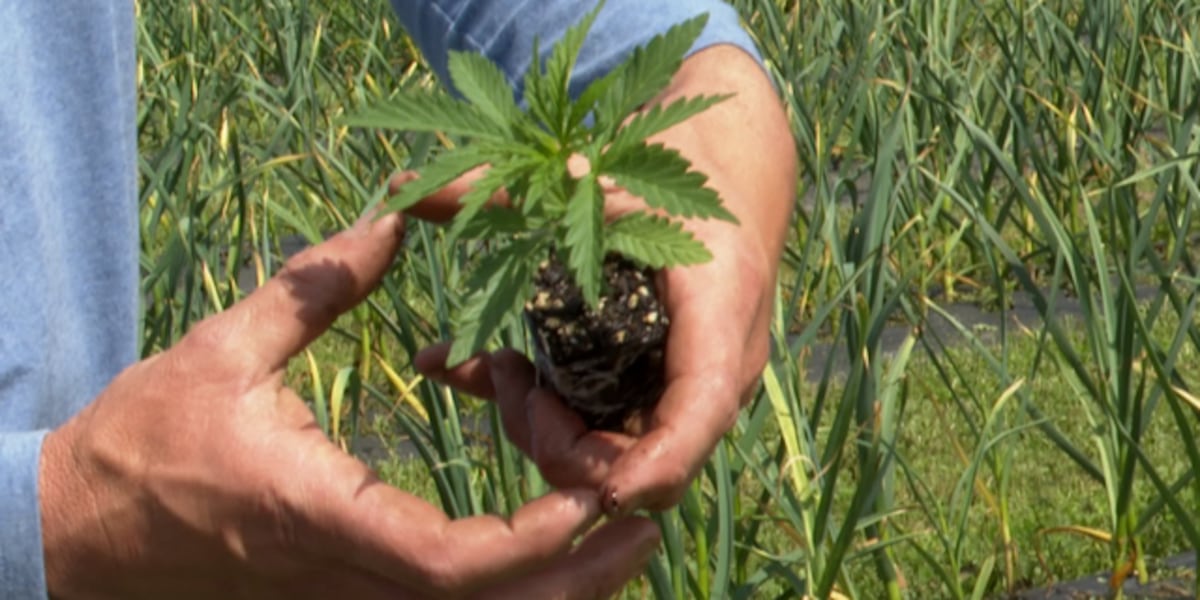NASHVILLE, Tenn. (WSMV) – The Tennessee Alcoholic Beverage Commission (TABC) is urging hemp businesses to not only continue to follow current regulations but also gear up for changes coming in 2026.
The TABC will be taking over regulatory oversight of the hemp-derived cannabinoid industry on Jan. 1, 2026.
One of the changes coming is that hemp-derived products will be allowed to be shipped or delivered to consumers. All sales must occur in person at licensed establishments. Vending machines containing hemp-derived products will also be illegal.
Related Coverage:
Here are instructions on how to watch WSMV4 live on various platforms.
Below is a look at the current and future legal requirements for hemp-derived products in Tennessee:
Manufacturing must be conducted by a licensed HDC supplier.Laboratory testing must be performed by a third-party laboratory registered with the state, verifying compliance with thresholds for THC content, heavy metals, residual solvents, pesticides, and other potential contaminants.Labeling must include an ingredient list, batch number, mandatory warning statements, and a QR code linking to a valid Certificate of Analysis (COA).Retail sales may only be conducted by licensed retailers, and only to individuals aged 21 and over.
Effective January 1, 2026:
Key Regulatory Changes Under Public Chapter 526 (Effective 2026): The above-listed requirements remain in effect and additional regulations include but are not limited to the following:
Separate licensing will be required for suppliers, wholesalers, and retailers of HDC products.Retail sales of HDCs will be limited to:Businesses holding a TABC retail package store license and a hemp retail license;Businesses holding a TABC on-premises consumption license and a hemp retail license; andOther establishments that restrict entry to persons 21 years of age or older and hold a hemp retail license.Establishments that hold a valid supplier or wholesaler hemp license and obtain a retail license for the same location, provided all statutory and regulatory conditions are met.Suppliers must ensure that all products do not exceed a total THC concentration of 0.3% on a dry weight basis, calculated as:
Total THC = [Δ9-THC] + (0.877 × [THCa])
Several products currently found in the market will be prohibited including but not limited to the following:Products containing Tetrahydrocannabinolic acid (THCa) in a concentration exceeding 0.3% on a dry weight basis; orProducts containing Tetrahydrocannabiphorol (THCp) in any amount.Products that do not meet labeling requirements which include an ingredient list, batch number, mandatory warning statements, and a QR code linking to a valid Certificate of Analysis (COA).
Full guidance from the TABC can be found by clicking here.
Copyright 2025 WSMV. All rights reserved.


